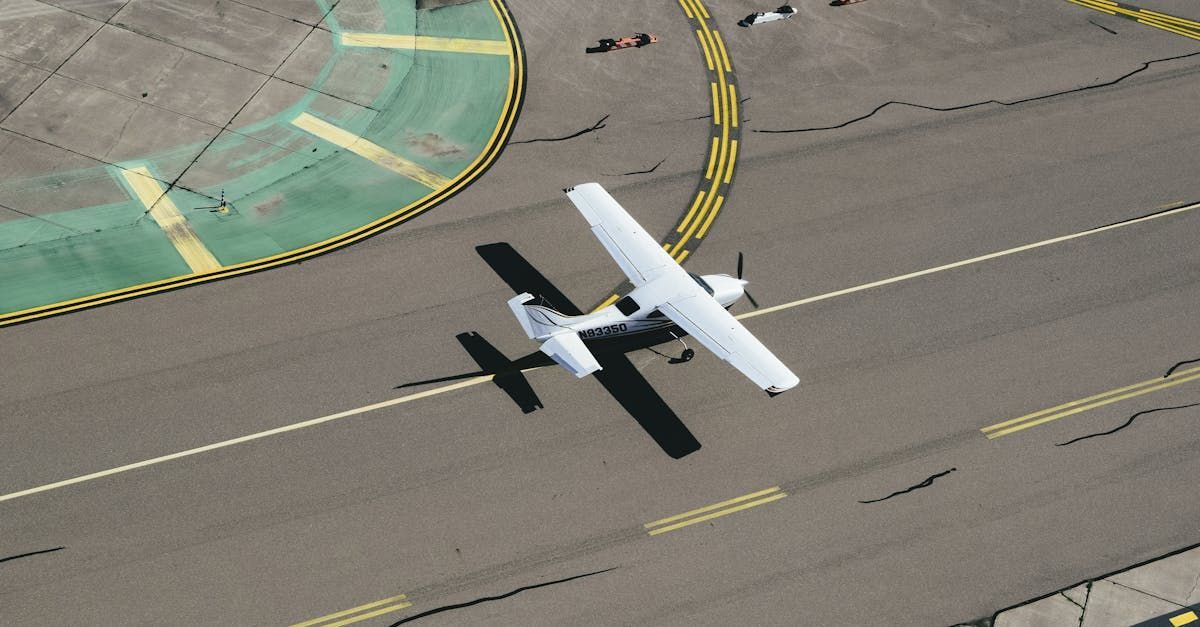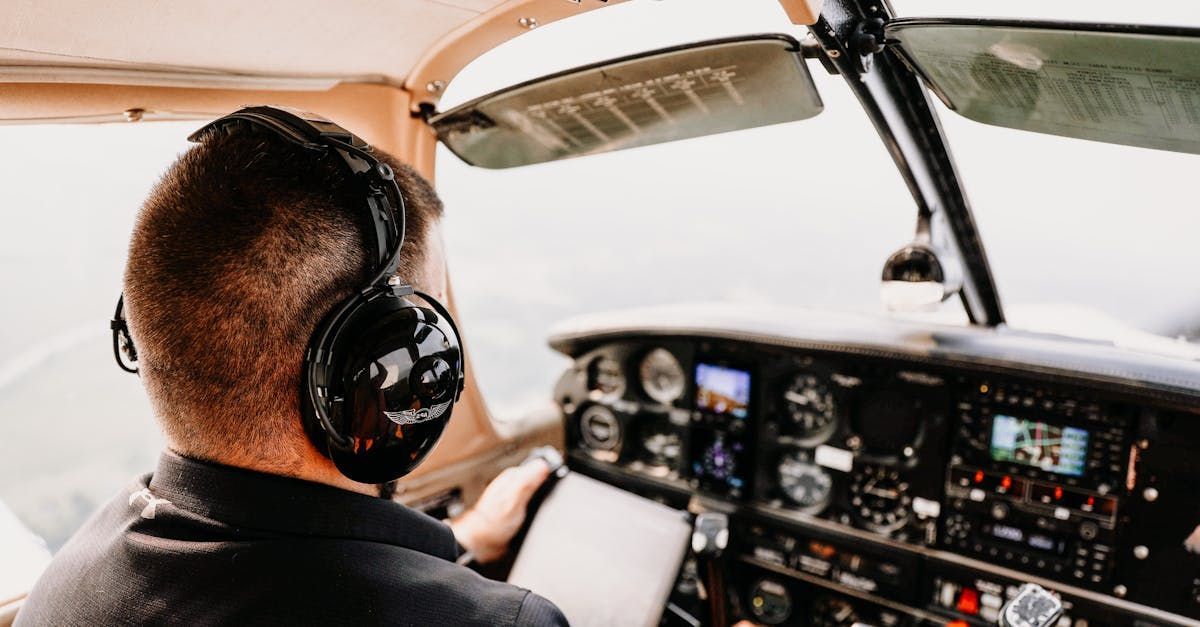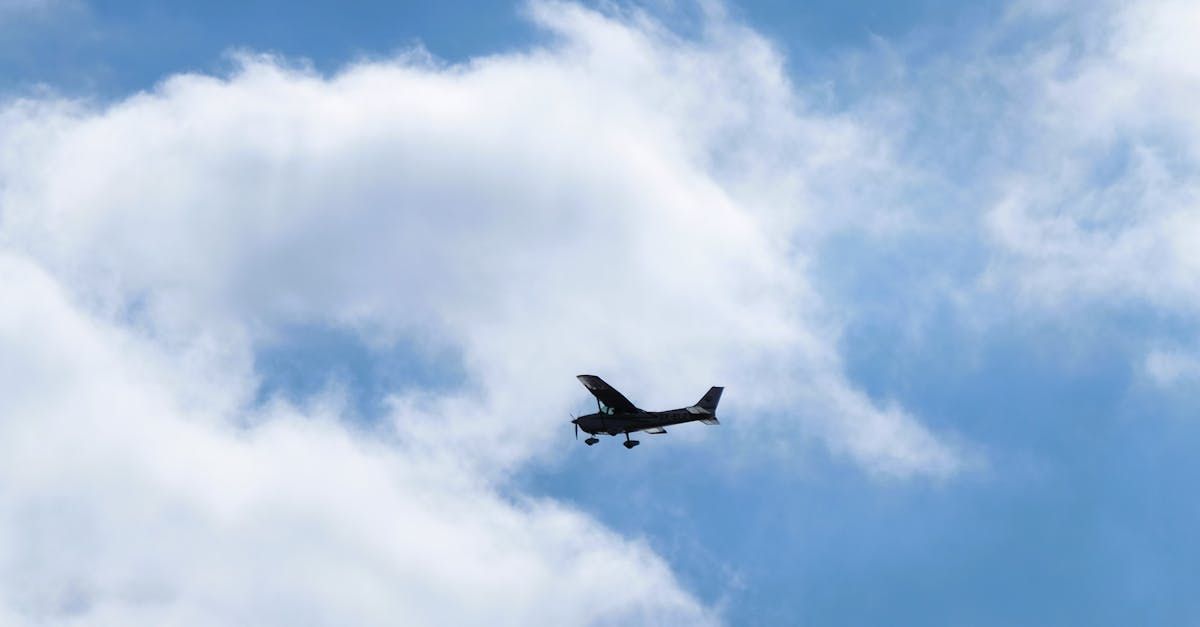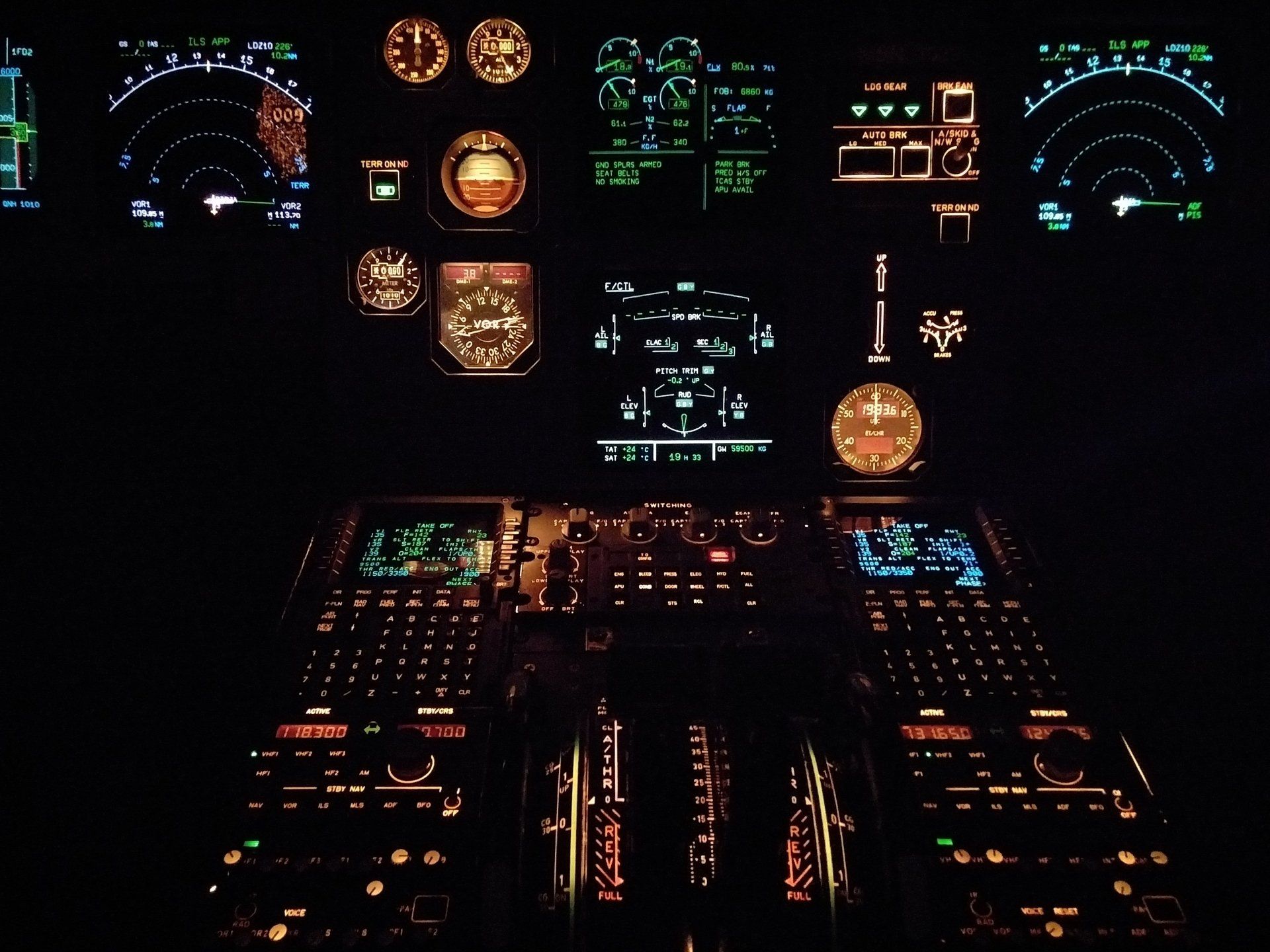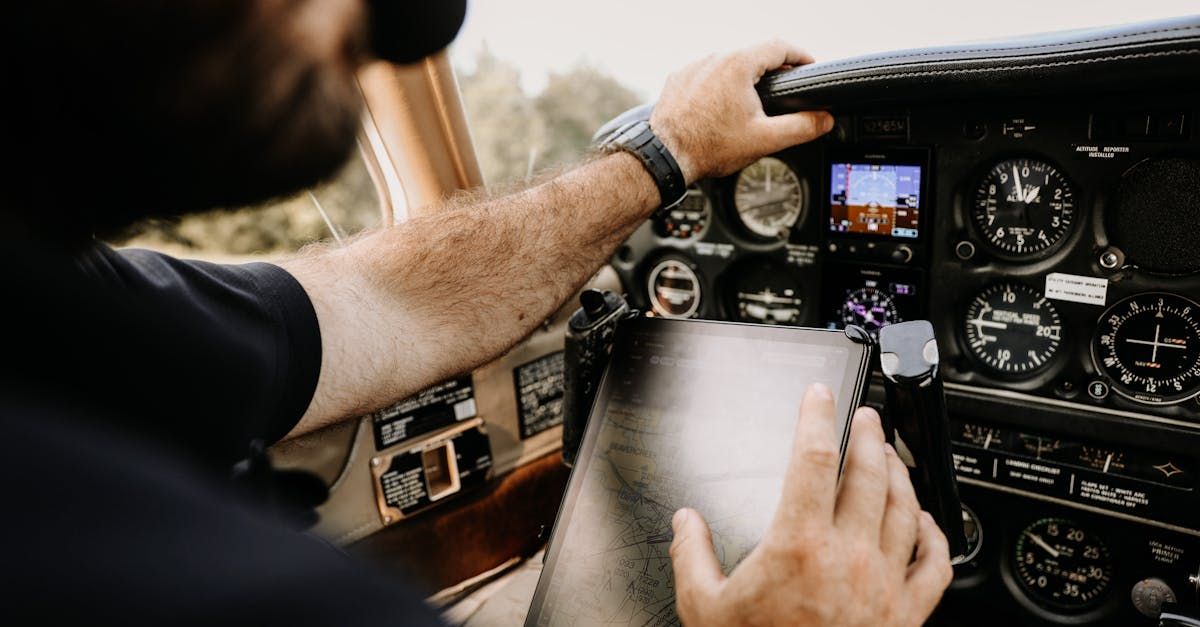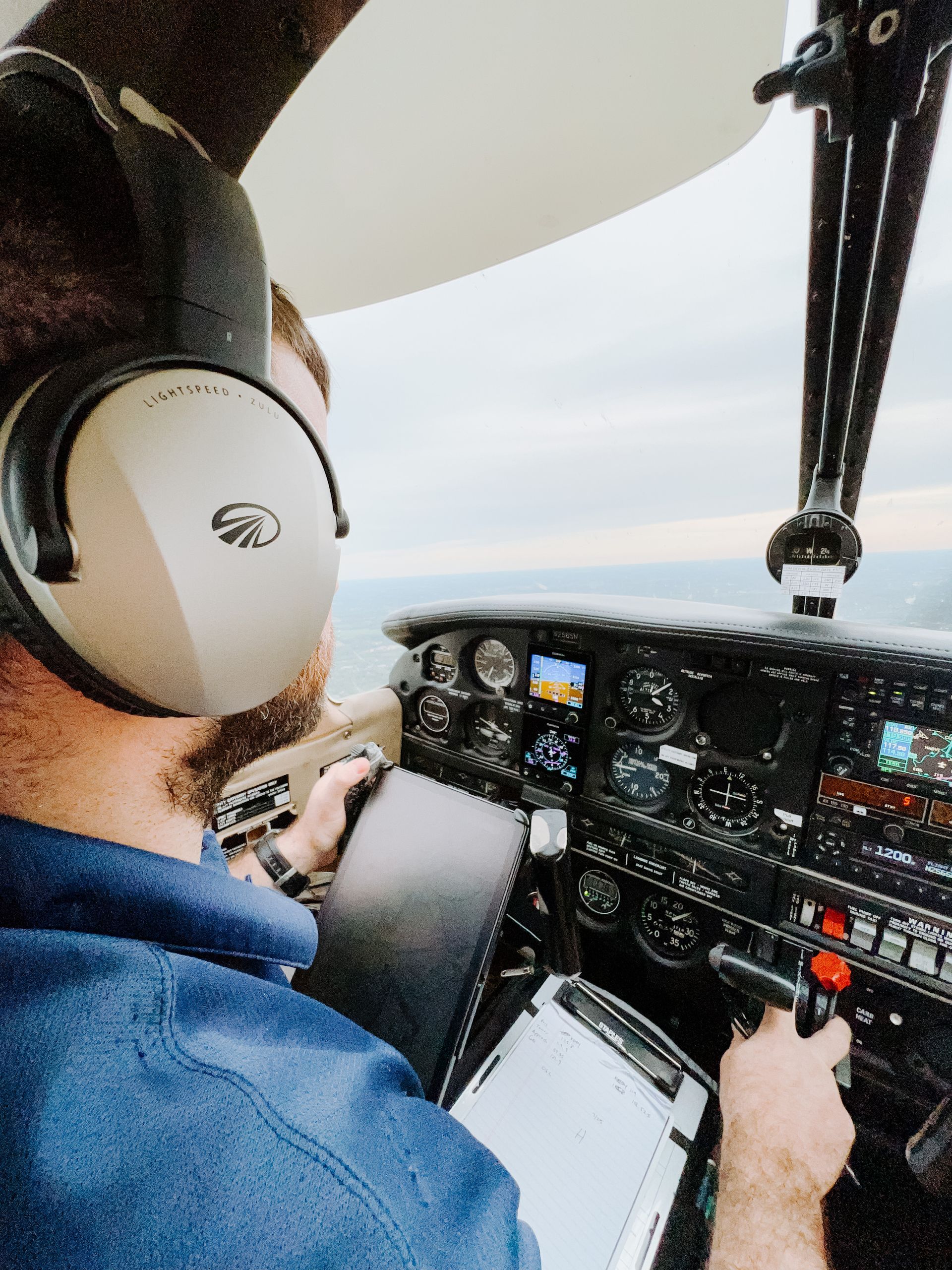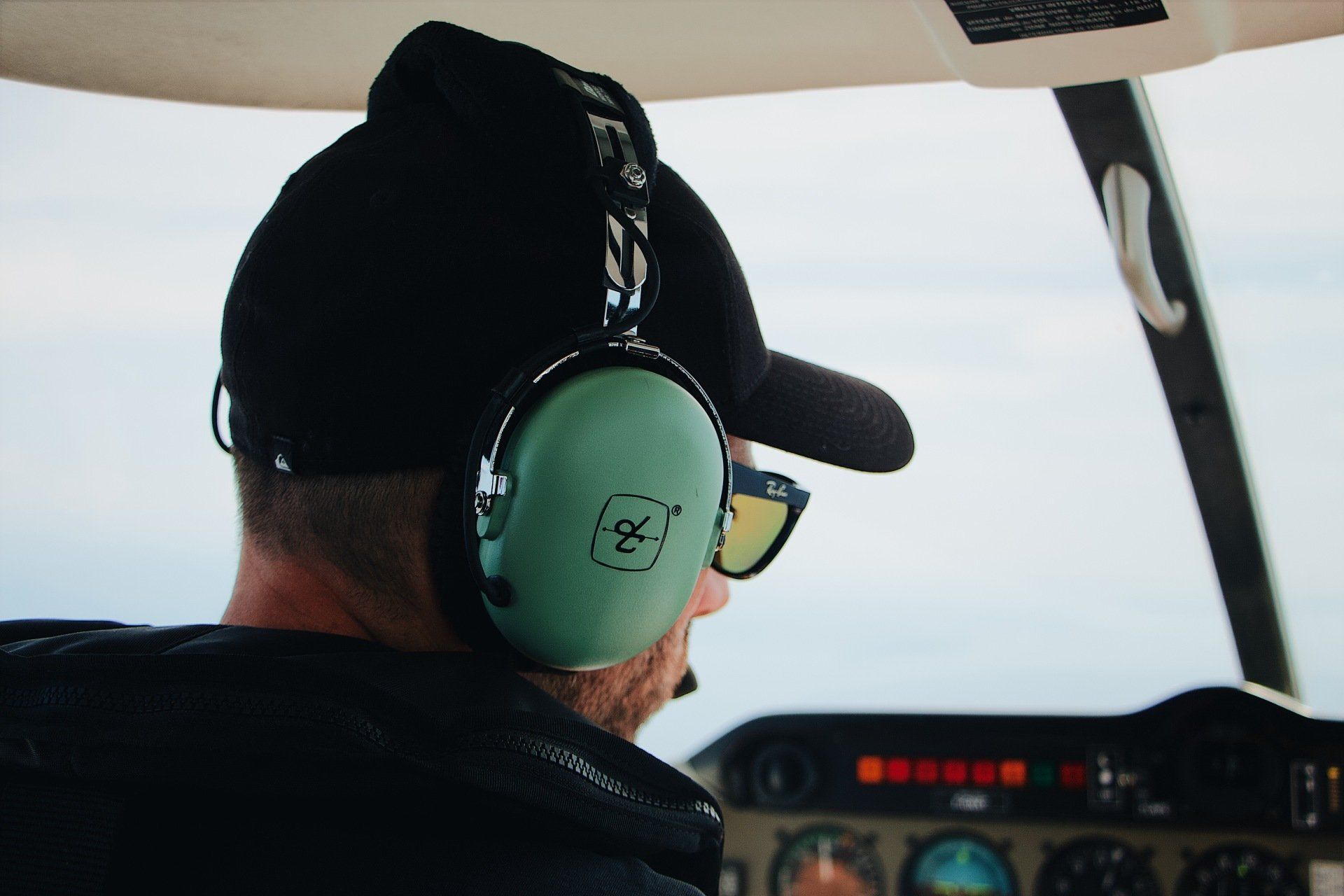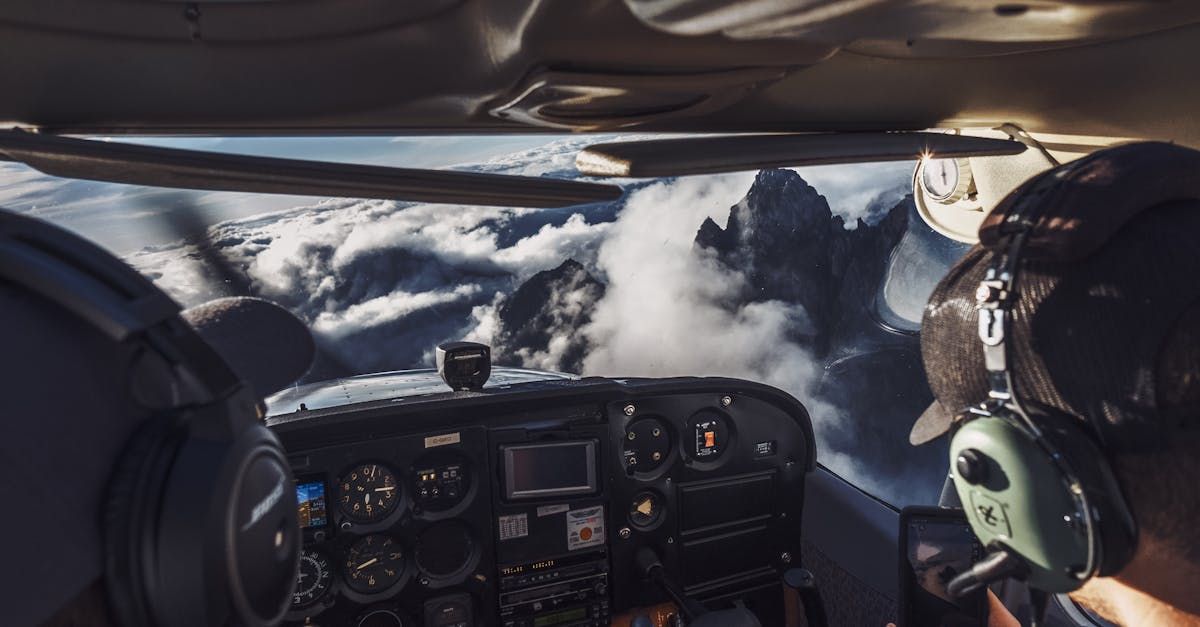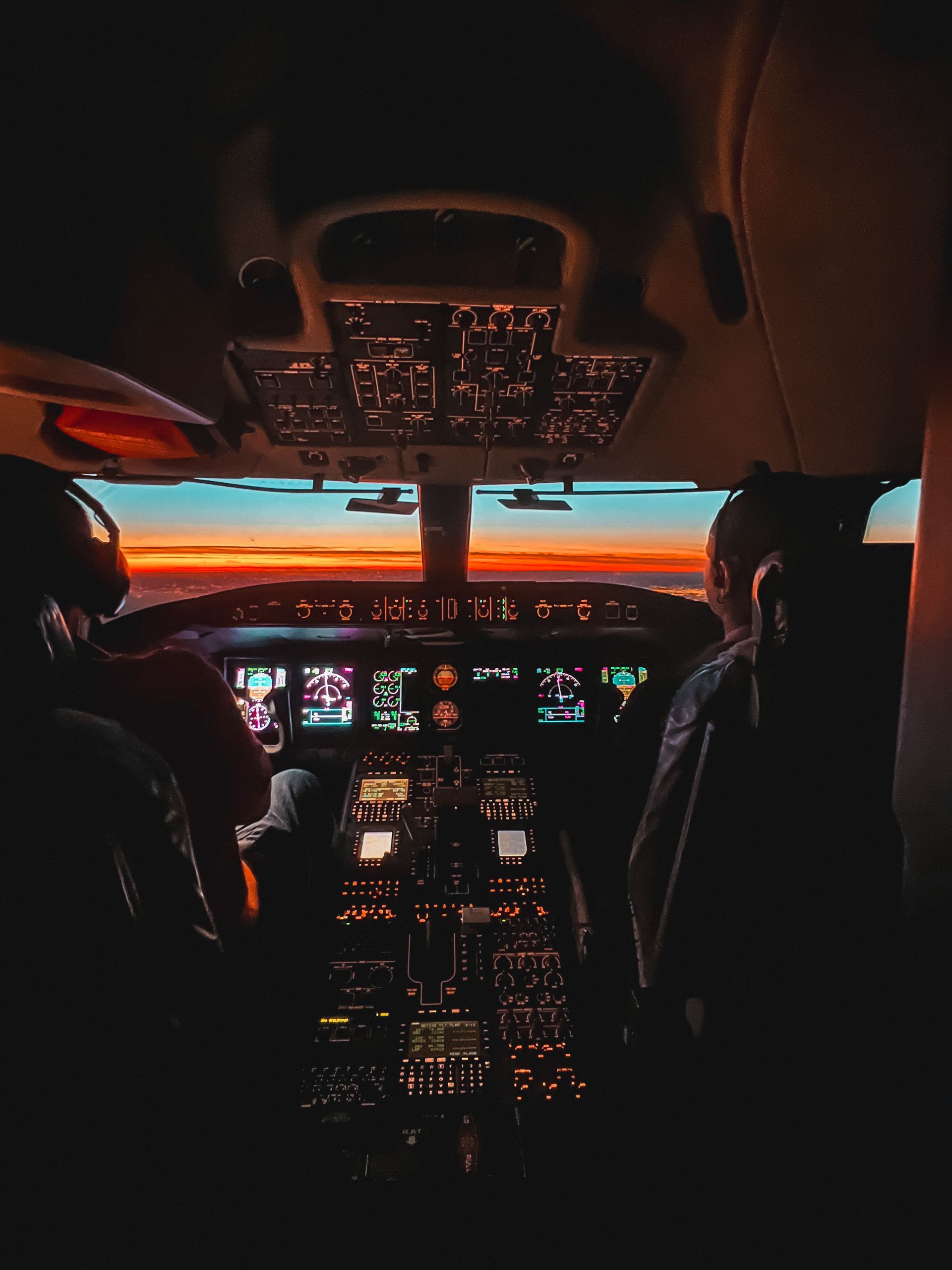The 33 Greatest Lies in Aviation
DDAC Admin • May 18, 2020
Spud alert, this article is a joke and is not intended to offend or educate.
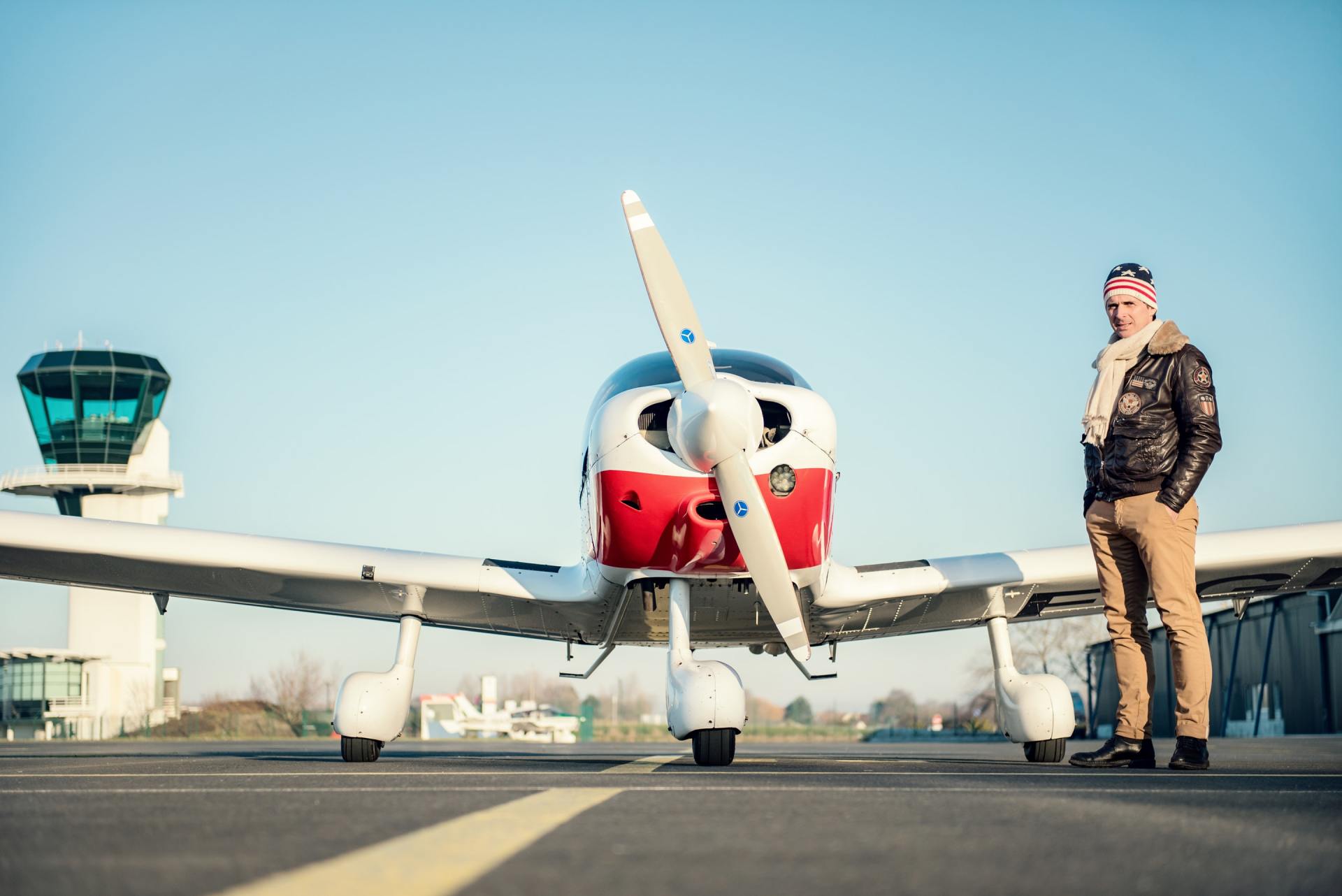
It's testing times for many of us in the aviation industry so we're trying to maintain a sense of humour and remind ourselves about the good, bad and ugly times we've all experienced. Here's a few statements that may strike a light in your memory bank. Please don't take this seriously, consider it satire, like George Orwell's Animal Farm but with less pigs.
1. I'm from CASA and I'm here to help you
2. Me? I've never busted minimums
3. We will be on time, maybe even early
4. Pardon me, ma'am, I seem to have lost my jet keys
5. I have no interest in flying for the airlines
6. I fixed it right the first time, it must have failed for other reasons
7. All that turbulence spoiled my landing
8. I'm a member of the mile high club
9. I only need glasses for reading
10. I broke out right at minimums
11. The weather is gonna be alright; it's clearing to VFR
12. Don't worry about the weight and balance - it'll fly
13. If we get a little lower I think we'll see the lights
14. I'm 22, got 6000 hours, a four year degree and 3000 hours in a Lear
15. We shipped the part yesterday
16. I'd love to have a woman co-pilot
17. All you have to do is follow the book
18. This plane outperforms the book by 20 percent
19. We in aviation are overpaid, underworked and well respected
20. Oh sure, no problem, I've got over 2000 hours in that aircraft
21. I have 5000 hours total time, 3200 are actual instrument
22. No need to look that up, I've got it all memorised
23. Sure I can fly it - it has wings, hasn't it?
24. We'll be home by lunchtime
25. Your plane will be ready by 2 o'clock
26. I'm always glad to see CASA
27. We fly every day - we don't need recurrent training
28. It just came out of annual - how could anything be wrong?
29. I thought YOU took care of that
30. I've got the field in sight
31. I've got the traffic in sight
32. Of course I know where we are
33. I'm SURE the gear was down
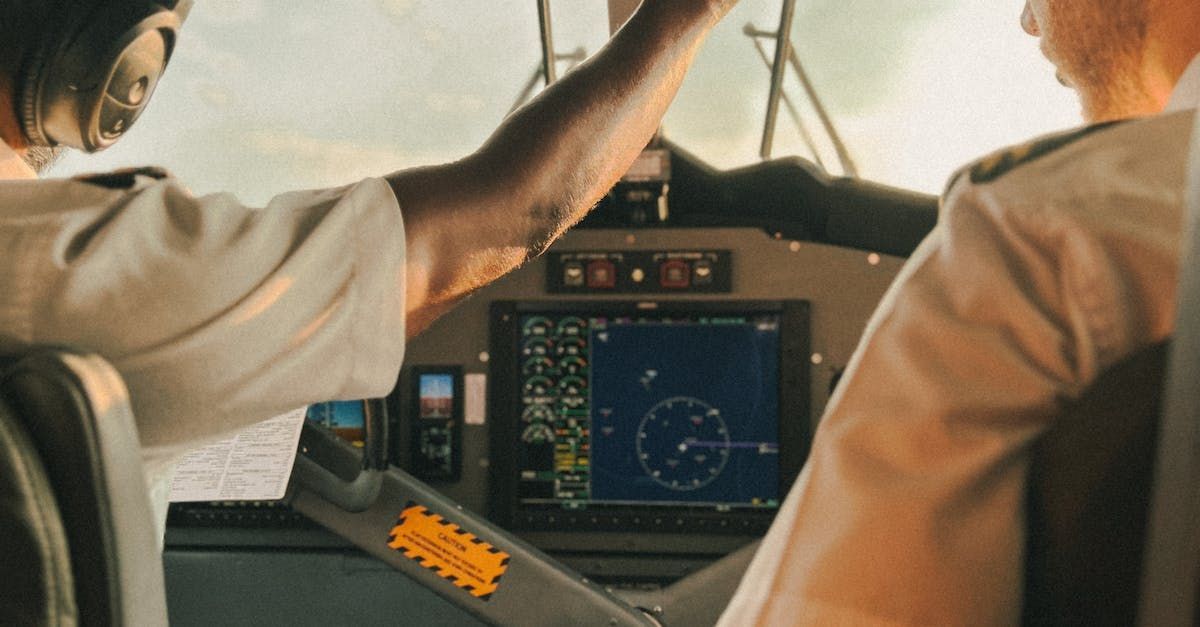
It is possible for pilots to fly in conditions below visual flight regulations if they have earned an instrument rating (VFR). Here is an introduction to instrument rating and the skills you'll need to get started: What does Instrument Rating mean? An Instrument Rating (IR), a supplemental certification, allows pilots to fly in conditions where visual reference to the ground is lost, such as fog or clouds. All instruments, such as the altimeter, airspeed indicator, and attitude indicator, are used during flight training for pilots with an IR. Instrument Rating Requirements Before getting an instrument rating, a pilot must have either a private pilot's license (PPL) or a commercial pilot's license (CPL), as well as a certain number of flight hours and cross-country flight experience as a pilot in command. How Exactly Does One Train? Gaining an instrument rating requires both classroom study and in-flight experience. Instrument flying regulations (IFR), instrument approach procedures, and the proper use of navigational aids are just some of the topics covered in ground schooling. With a hood or other obstruction in place, the pilots will learn to fly in what is called "Instrument Meteorological Conditions" (IMC). Instrument Rating Test Once the training is complete, the pilot must take and pass a written and practical exam for an instrument rating. The written test checks how much you know about weather, navigation, and the rules. The required number of hours in the air with an examiner shows how well you can fly safely and competently in a variety of conditions. Benefits of an Instrument Rating Getting an instrument rating is very helpful for pilots because it lets them fly in more situations and makes them feel safer while doing so. Pilots with an instrument rating can apply for jobs with airlines and other businesses in the commercial aviation sector. Keep Your Instrument Rating Intact greatly Pilots must go through training and flight reviews every six months to a year to keep their instrument ratings up to date. This makes sure that pilots have access to the most up-to-date information and can fly safely in any condition. Getting an instrument rating is usually good for pilots because it gives them more options in the aviation industry. With hard work and training, any pilot can improve their skills and earn an instrument rating.

